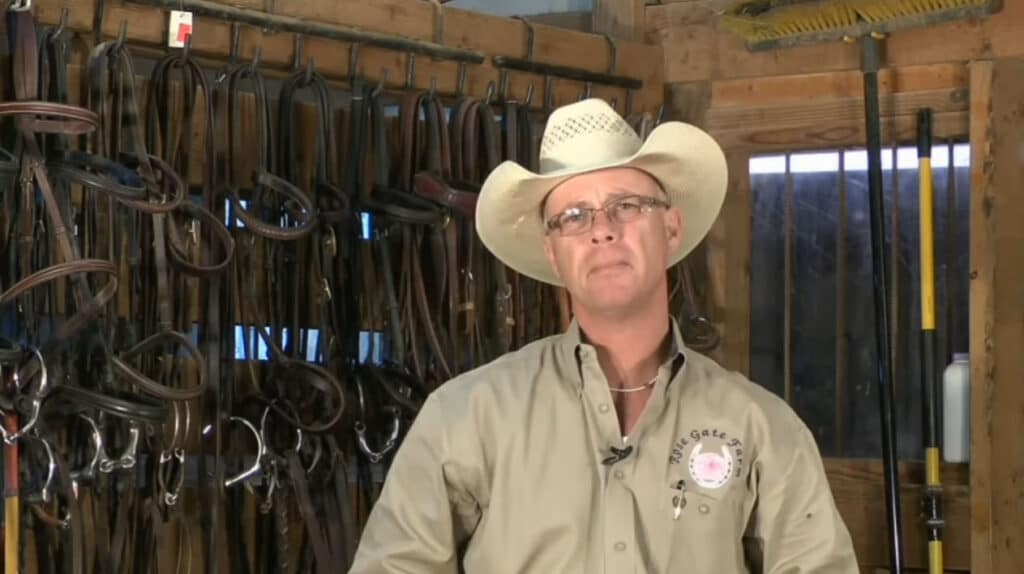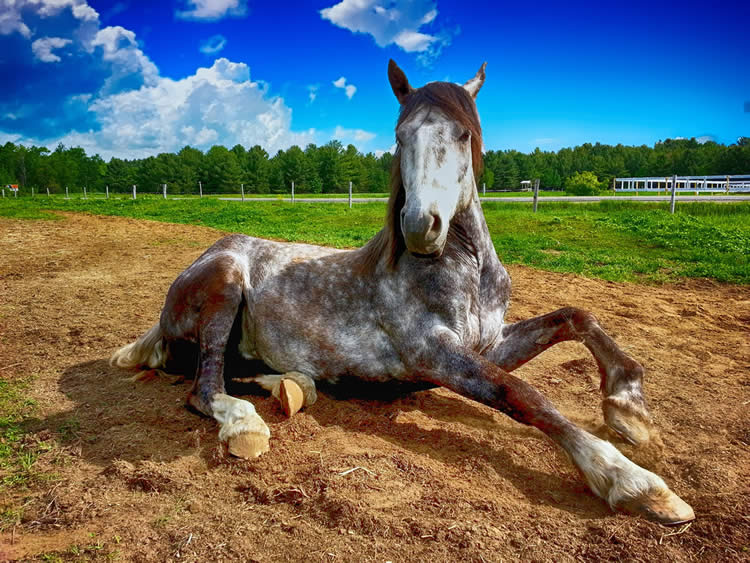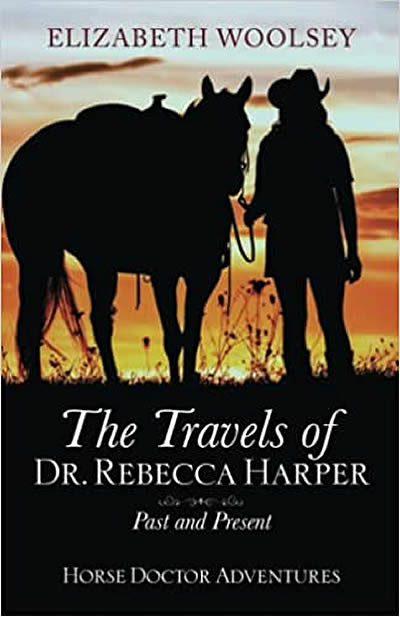The short answer is NOW!
The longer answer is soon.
In the days of old, there was a plethora of vets standing by waiting to be called. Those days are gone in many areas of the world. Vets are not easy to find when you have an emergency and God, knows, I am no longer working so here is a quick primer on treating your vet like the God or Goddess that will get them out in the middle of the night.
1) Use a vet for most of your needs, and make sure they will do emergencies. If they don’t do emergencies, find a vet who does, and establish a relationship with them where they are happy to be called, even if they are not your primary vet. Think long and hard about which vet you want to support. Then rethink that again…
2) Even if you aren’t sure if your horse needs a vet, get some basic diagnostics before calling your vet and be ready to give them vitals.
- Age Breed and sex
- Level of pain: mild stretching flank watching to uncontrolled rolling
- Appetite: none to normal
- Fresh bowel movements normal number of BMs for the time of day. Diarrhea, sand, or dry?
- Temperature pulse (beat per minute-heart rate), respirations (per minute)
- Gut sounds. Listen with your ear if you don’t have a stethoscope in all for quadrants: (upper flanks and lower flanks on both sides)
- Gums or Mucous membranes: Color from pale pink to red-rimmed to purple.
- Capillary refill time (CRT) is valuable info as well. Push the gum above the upper teeth and count how many seconds it takes for the color to return.
- Less than 2 seconds is normal.
3) Okay, make the call, and let your vet decide if your horse needs to be seen, or if you are in the watch and wait mode.





